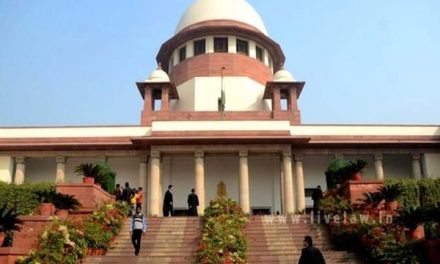GST Update: The government on Thursday notified the indirect tax dispute resolution scheme which was announced in the Budget. The scheme will become operational from September 1 and will continue till December 31.
The GST annual return & GST audit report for the first year, which is 2017-18, had to be submitted before December 31, 2018, but saw three extensions – March 31, 2019, June 30, 2019, and finally August 31, 2019. However, looking at the recent statistics released by the authorities it is observed that only 15 % of annual returns and less than 1 % of the audit reports have been furnished.
GST Update: HIGHLIGHTS
- Tax officials have warned of severe consequences and heavy penalty if same are not filed in time.
- CAG in its report has stated, “One significant area where the full potential of GST (has not been achieved is the rollout of the simplified tax compliance regime.”
- CAG had said there were deficiencies in the GST system, indicating a “serious lack of coordination between the executive and the developers.”
The two main components of the scheme are dispute resolution and amnesty. The dispute resolution component is aimed at liquidating the legacy cases pending in litigation at various forums. The amnesty component of the scheme offers an opportunity for taxpayers to pay the outstanding tax and be free of any other consequence under the law.
“Government expects the scheme to be availed by a large number of taxpayers for closing their pending disputes relating to legacy service tax and central excise cases that are now subsumed under the GST so they can focus on the GST,” the government said in a statement.
It provides substantial relief in tax dues for all categories of cases as well as full waiver of interest, fine and penalty. In all these cases, there would be no other liability of interest, fine or penalty. There is also a complete amnesty from prosecution.
“For all the cases pending in adjudication or appeal – in any forum – this scheme offers a relief of 70% from the duty demand if it is Rs 50 lakh or less and 50% if it is more than Rs 50 lakh,” the government said. The same relief is available for cases under investigation and audit where the duty involved is quantified and communicated to the party or admitted by him in a statement on or before June 30, 2019.
The government further said in cases of confirmed duty demand, where there is no appeal pending, the relief offered is 60% of the confirmed duty amount if the same is Rs 50 lakhs or less, and is 40% if the confirmed duty amount is more than Rs 50 lakh. Finally, in cases of voluntary disclosure, the person availing the scheme will have to pay only the full amount of disclosed duty.











